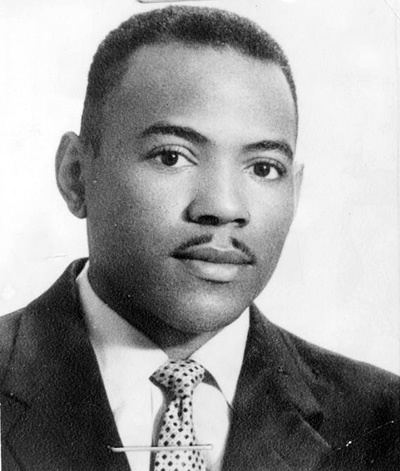On August 18, 1963, James Meredith made history by becoming the first African American student to enroll at the University of Mississippi, also known as Ole Miss. Meredith's courageous act of challenging racial segregation in education had far-reaching implications for the civil rights movement and marked a significant milestone in the fight for racial equality in the United States.
James Meredith's journey to enroll at Ole Miss was met with immense opposition and resistance from those who vehemently opposed desegregation. Mississippi, at the time, was deeply entrenched in racial segregation, and the state's governor, Ross Barnett, was a staunch segregationist who vowed to prevent Meredith's enrollment.
Despite the obstacles and threats of violence, Meredith persevered. He sought legal assistance and fought a lengthy court battle, eventually winning a federal court order that required the university to admit him. On October 1, 1962, Meredith attempted to register at Ole Miss, but violent protests erupted on campus, leading to a confrontation between protesters and federal marshals sent to ensure his safety.
In the face of this resistance, the federal government, under the authority of President John F. Kennedy, was forced to intervene. On September 30, 1962, Kennedy federalized the Mississippi National Guard and deployed additional federal troops to restore order and protect Meredith's rights. The presence of federal forces allowed Meredith to enroll at Ole Miss on August 18, 1963, effectively breaking the color barrier at the university.
Meredith's enrollment at Ole Miss was a pivotal moment in the civil rights movement. It challenged the deeply entrenched system of racial segregation in education and served as a powerful symbol of African American resilience and determination. His actions inspired others to fight for equal rights and galvanized the movement for racial equality across the country.
However, Meredith's enrollment did not come without sacrifice and danger. Throughout his time at Ole Miss, he faced ongoing harassment, threats, and violence from those who opposed his presence. In fact, just months after his enrollment, Meredith was shot during a civil rights march in Mississippi. Although wounded, he survived the attack and continued to be an influential figure in the fight for civil rights.
James Meredith's courage and resilience paved the way for future generations of African American students to gain access to higher education and break down barriers of segregation. His actions challenged the notion of separate and unequal education and played a crucial role in dismantling the Jim Crow system that perpetuated racial discrimination.
The impact of Meredith's enrollment at Ole Miss extended beyond the campus itself. It served as a catalyst for further progress in the civil rights movement, inspiring other activists and drawing attention to the injustices of racial segregation. The event also highlighted the federal government's role in enforcing desegregation and protecting the rights of African Americans.






